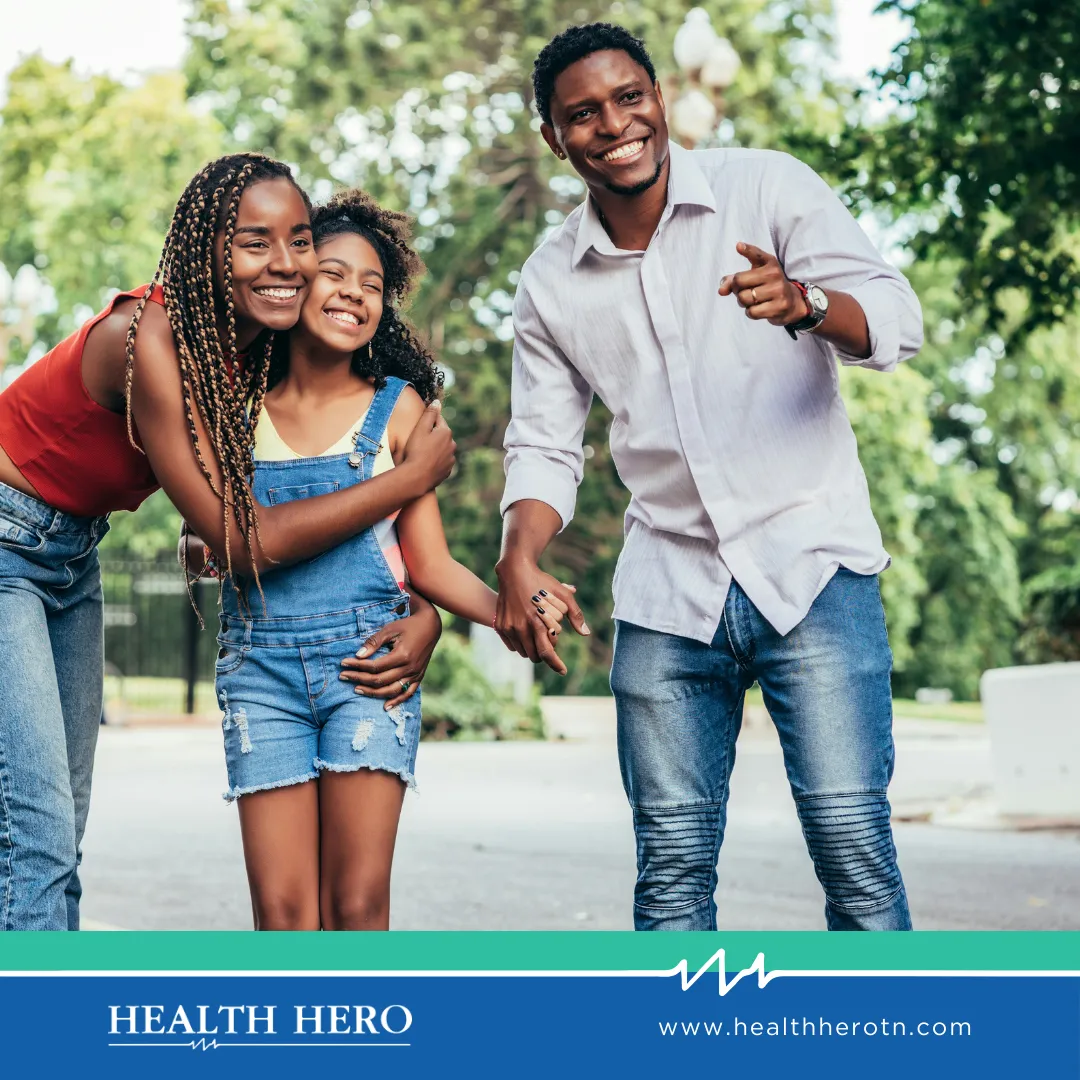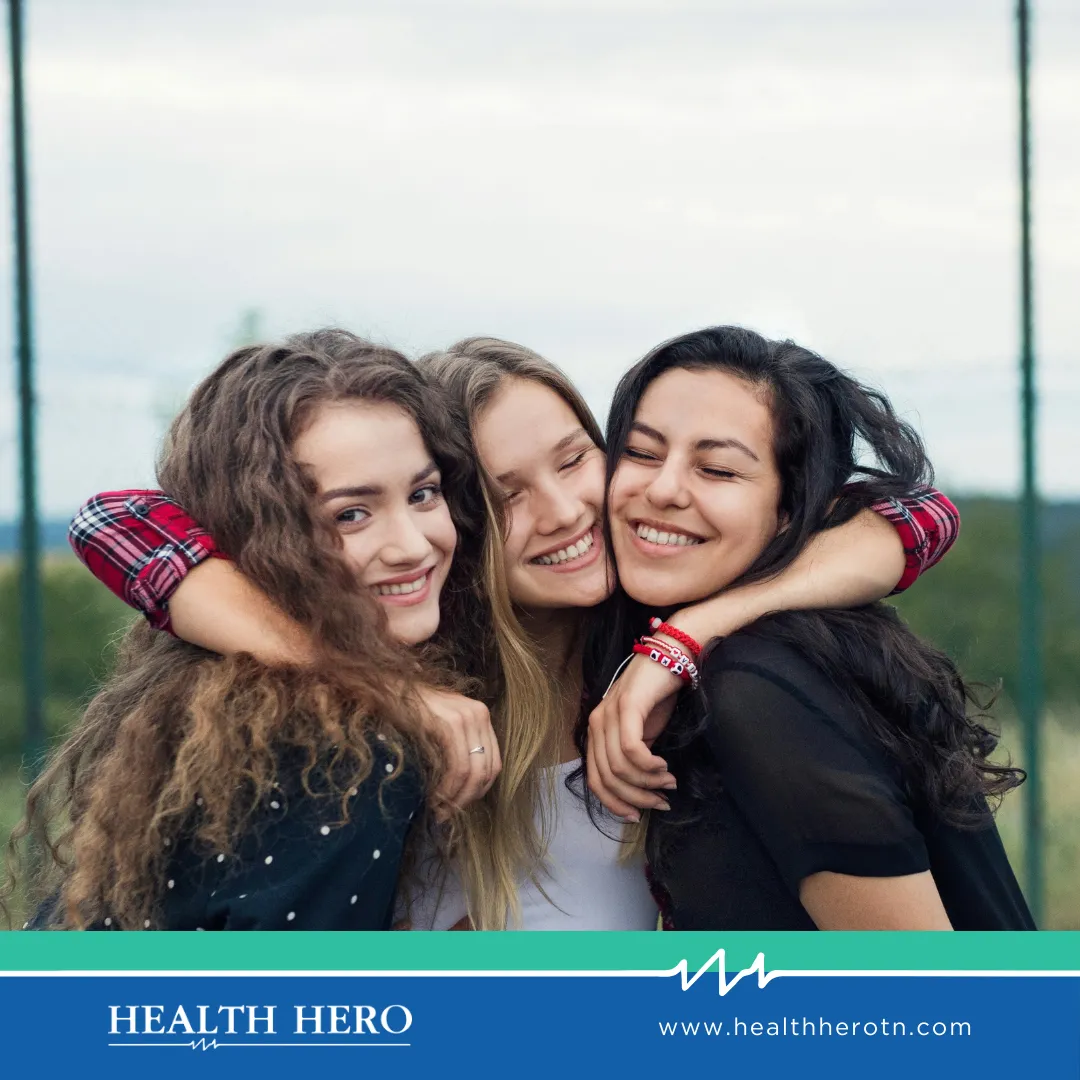There is nothing worse than seeing your child fall ill and having that feeling of helplessness as you try to get them to recover. It’s even more frustrating when things worsen, despite your best efforts to improve them, leading to a trip to the emergency room for help. The thought of a child suffering from an illness, especially a preventable disease that could have been avoided, is every parent’s worst nightmare.
This is where vaccinations come in. Vaccines are more than just a medical precaution; they are the best way to prevent these situations. Vaccinations provide that invisible barrier that not only helps children but everyone who is around them. However, in 2023, vaccine-preventable diseases continued to affect many people in the United States. Despite widespread vaccination efforts, gaps in vaccine coverage still happen, leading to diseases like measles, mumps, and whooping cough, experiencing periodic outbreaks. It’s estimated that vaccination efforts between 1994 and 2013 prevented about 322 million cases of vaccine-preventable diseases in the U.S. Still, preventable outbreaks remain an issue due to low vaccination rates in some areas.
According to the Centers for Disease Control and Prevention, National vaccination coverage for kindergarteners in the 2022–2023 school year was around 93% for measles. Still, some areas fell below 90%, below the herd immunity threshold.
What’s Behind Vaccine Hesitancy?
Despite decades of proven effectiveness, vaccine hesitancy is increasing. Misinformation, spread through different social media channels, has helped to fuel doubts about vaccine safety. Many worry about side effects or believe that natural immunity is preferable to vaccination. However, most concerns come from myths that have been debunked by science.
Vaccines undergo several tests before being approved for public use and are continuously monitored for safety. While side effects can occur, they are generally mild and temporary, such as soreness at the injection site or a low-grade fever. Serious side effects are incredibly rare.
Impacts of Not Getting Vaccinated
Delaying or avoiding being vaccinated can have several consequences. When children get sick and preventable diseases make a comeback due to low vaccination rates, healthcare systems experience significant pressure. Managing outbreaks of diseases like measles and mumps demands a lot of resources and diverts attention from other healthcare priorities. The risk of spreading these diseases also results in economic costs, including increased healthcare expenses, lost productivity, and disruptions to education and the workforce. The financial burden of treating these preventable diseases often far exceeds the costs associated with vaccination programs.
This can leave parents and guardians feeling frustration who are already feeling overwhelmed. This frustration is compounded by the realization that the resurgence of these diseases is largely preventable, adding to their sense of helplessness and concern for their children’s well-being.
Incomplete vaccination can also lead to lifelong disabilities, such as blindness from measles or paralysis from polio, which may result in permanent disability or death. Not being fully immunized as a child increases the risk of contracting other diseases and reduces life expectancy, while complete vaccination, especially in toddlers, contributes to increased life expectancy.
Talk to Your Healthcare Provider Today
Your family’s health is too important to leave on the table. Reach out to your healthcare provider today to discuss what vaccines might be needed to keep everyone safe and healthy, whether it’s flu season, back-to-school time, or simply part of routine wellness. Talking with a healthcare provider can address questions or concerns about vaccines and dispel any myths or misinformation you may have come across. They can guide you in making the best decisions for your family’s health by providing facts and evidence.
Visit a Health Hero Vaccination Clinic, where family-friendly services make it easy for everyone to get vaccinated in one convenient place.
Sources:

